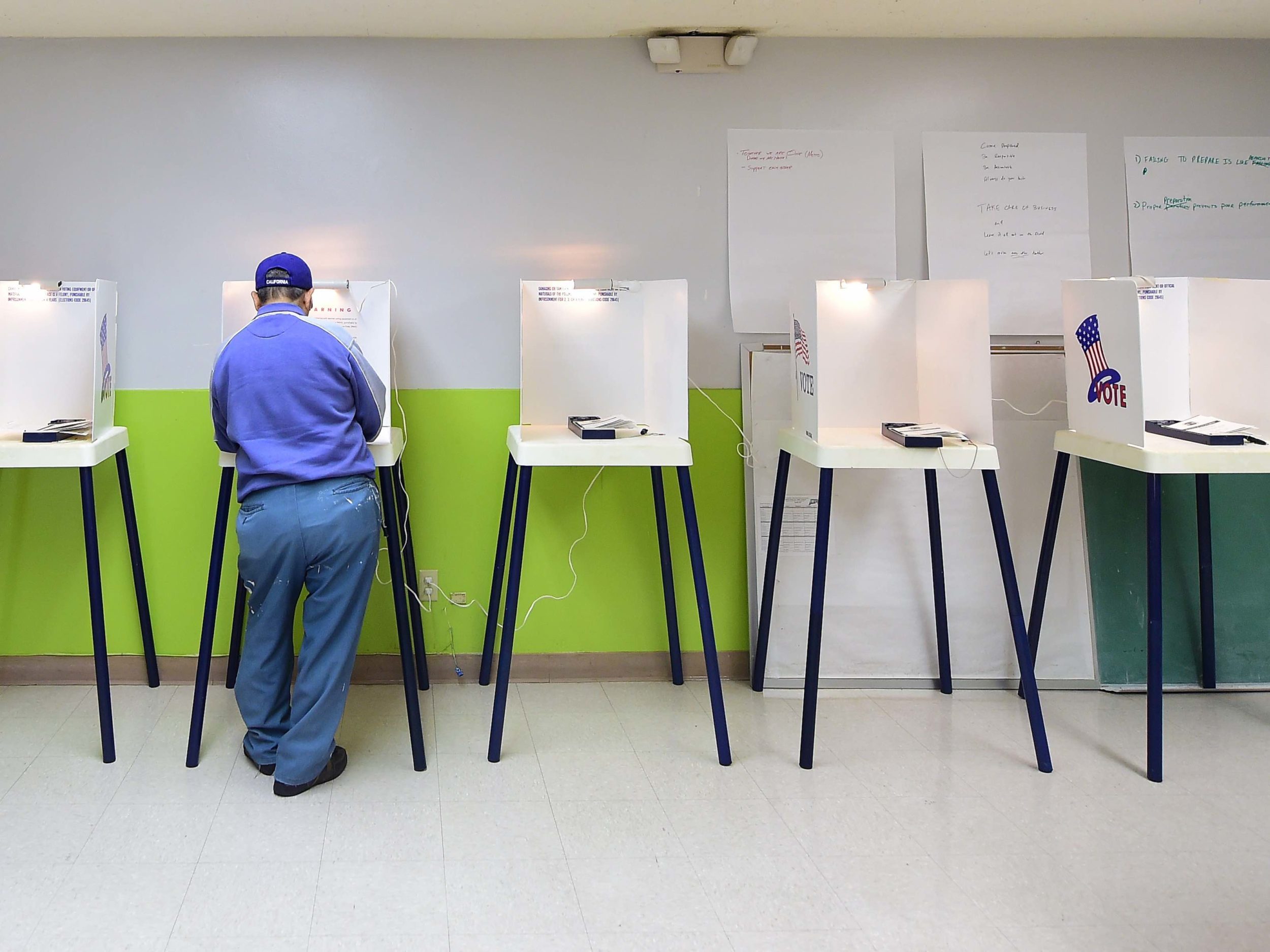
The US has for years used gerrymandering, felony disenfranchisement, voter ID, and many other measures to suppress the vote. Through these measures, US conservatives not only can influence the electoral process in a legal manner but can claim to be furthering democracy in doing so. However, the truth is that laws like voter ID limit certain populations from voting and therefore can be utilized to achieve beneficial electoral outcomes, often for conservatives whose upper-class white base is least targeted by these measures. This strategy to suppress democracy has become known as “stealth authoritarianism” a term coined by scholar Ozan Varol in his work titled Stealth Authoritarianism to describe how today’s authoritarians “perpetuate their power through the same legal mechanisms that exist in democratic regimes” therefore making it much more difficult to expose such measures for what they are – undemocratic. Similarly, Scholars Aziz Huq and Tom Ginsburg have also studied patterns of authoritarianism and democratic downfall. In their 2018 journal article titled How to Lose a Constitutional Democracy, they created their own term of “constitutional retrogression” to illustrate the more “subtle” and “incremental” erosion of democracy that we are seeing today. Further, they note that the “adoption of electoral laws to disenfranchise opposition” is key in this erosion.
While the use of stealth authoritarianism, specifically through methods such as gerrymandering, felony disenfranchisement, and voter fraud, to suppress the vote for electoral gain has in the past been seen as a uniquely American phenomenon, this strategy appears to be gaining popularity internationally. The most prominent example of this can be seen in the UK’s recent implementation of voter ID laws through the Parliaments’ 2022 elections act, which requires the presentation of valid ID at polling stations. The UK’s recent adoption of voter ID suggests an Americanization of European Politics in the worst way possible.
Despite disapproval, the act received royal assent in April but has been the target of criticism since long before. Similar to common US criticism of voter ID laws, the labor party and liberal democrats of the UK argue that ID requirements will prevent millions from voting, and will do so only to combat the largely unexistent issue of “voter fraud.” Labour MP Cat Smith argued that “introducing restrictive ID requirements risks making it harder for people to vote, reducing turnout and excluding some parts of the electorate, all while doing little to stop determined fraudsters”, especially where there is “no evidence that this particular type of fraud is widespread.” So she, like many others, is not falling for the claim that voter ID requirements are being implemented to further the democratic cause, but instead, she views these efforts as nothing more than a “blatant attempt to rig the result of future elections by voter suppression.” Liberal Democrat Tom Brake supported this sentiment adding “introducing voter ID at polling booths is a solution to a problem that is almost non-existent in the UK… this is a completely unnecessary move that risks undermining our democracy by preventing millions of people from voting.” Even the Electoral Reform Society warned that voter ID requirements would result in “disenfranchisement on an industrial scale.” It appears the data support these fears.
According to polling conducted by the electoral commission in the UK, 17% of people say that ID requirements will make them less likely to vote. Even more importantly, 4% of the population either does not have a recognizable ID or any at all. An additional 2% reported not knowing if they had any of the admissible forms of ID. For this population, a substantial percentage said ID requirements would make them less likely to vote. Voter ID pilot tests conducted in 2018 and 2019 in various areas around England resulted in over 1,000 voters being turned away, supporting further what is suggested in these polls. In addition, the election commission’s 2019 evaluation of these pilot tests found that some groups of people may find it harder than others to show photo ID. So, while two, four, or even seventeen percent may seem small, these percentages amount to millions of votes lost, and members of disadvantaged groups are most likely to be among those millions. These groups include those with a disability, those who are unemployed, or those who have never voted before, most likely due to age.
However, the US and UK have both attempted to resolve at least the financial concerns of obtaining the proper ID by offering free voter ID cards. But, while this proposal appears effective in allowing access to lower-income individuals who otherwise may not have had the desire or ability to pay for the proper ID, neither the US nor the UK has outlined how to assure that obtaining such a card is easily accessible across the board, regardless of factors such as geographic location or access to transportation. Without such assurance, the fear that certain communities will be left off the ballot still stands. In fact, 29% of those without recognizable ID said they would probably not apply for the free voter ID card.
So it appears that critics like Tom Blake and Cat Smith are not wrong in their anger, and they certainly aren’t alone either. The passage of the 2022 elections act was highly partisan, and passed by very narrow margins, mirroring the divide in the US over the issue of voter ID.
In summary, the voter ID requirement in the UK’s recent elections act demonstrates a mirroring of the US’ common pattern of stealth authoritarianism and democratic erosion. From the polarization and party politics that created this issue and has continued throughout, to the widespread criticism this issue has faced, to finally the failure of both nations to address such criticism and prevent losing millions of votes, both the UK and US are almost direct reflections of each other. These undeniable connections between the US and UK suggest a potential “Americanization” of European politics and more importantly demonstrate how specific strategies of stealth authoritarianism can be exchanged internationally.

0 Comments